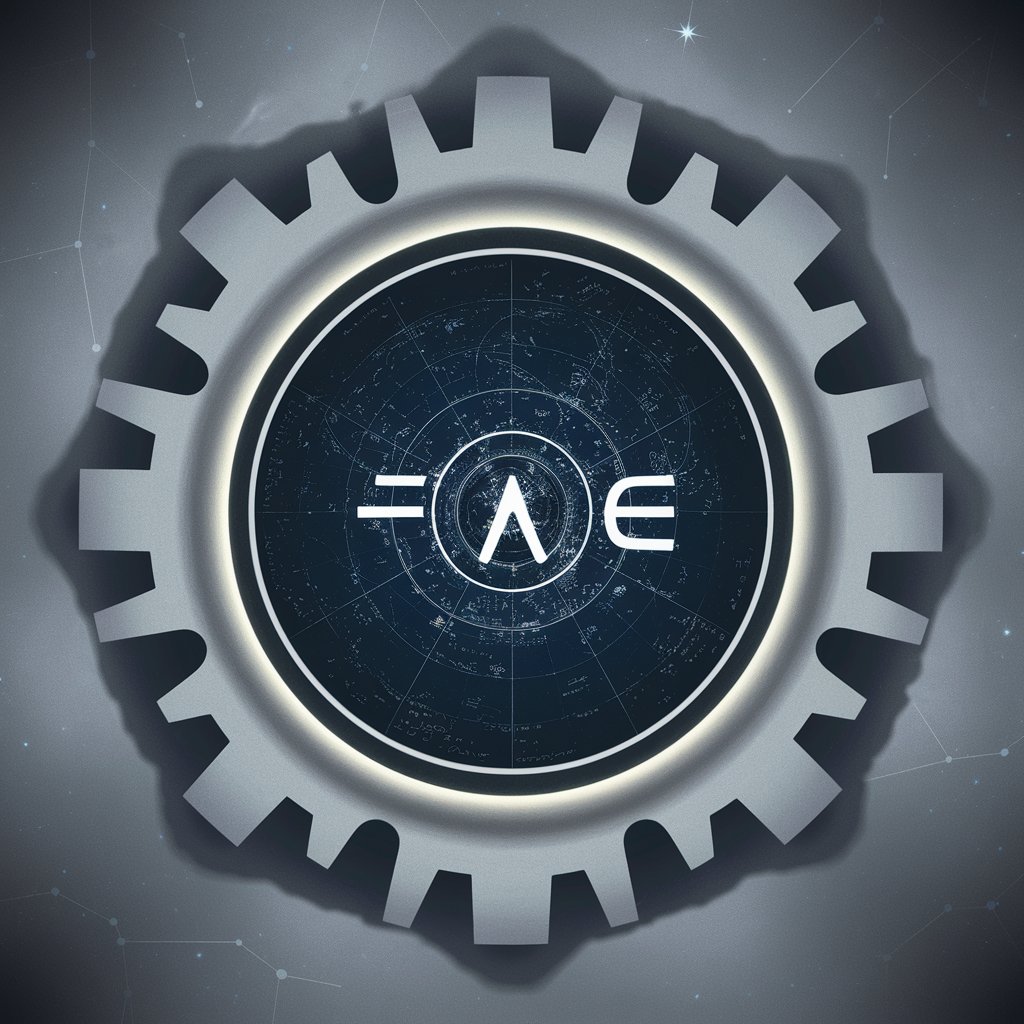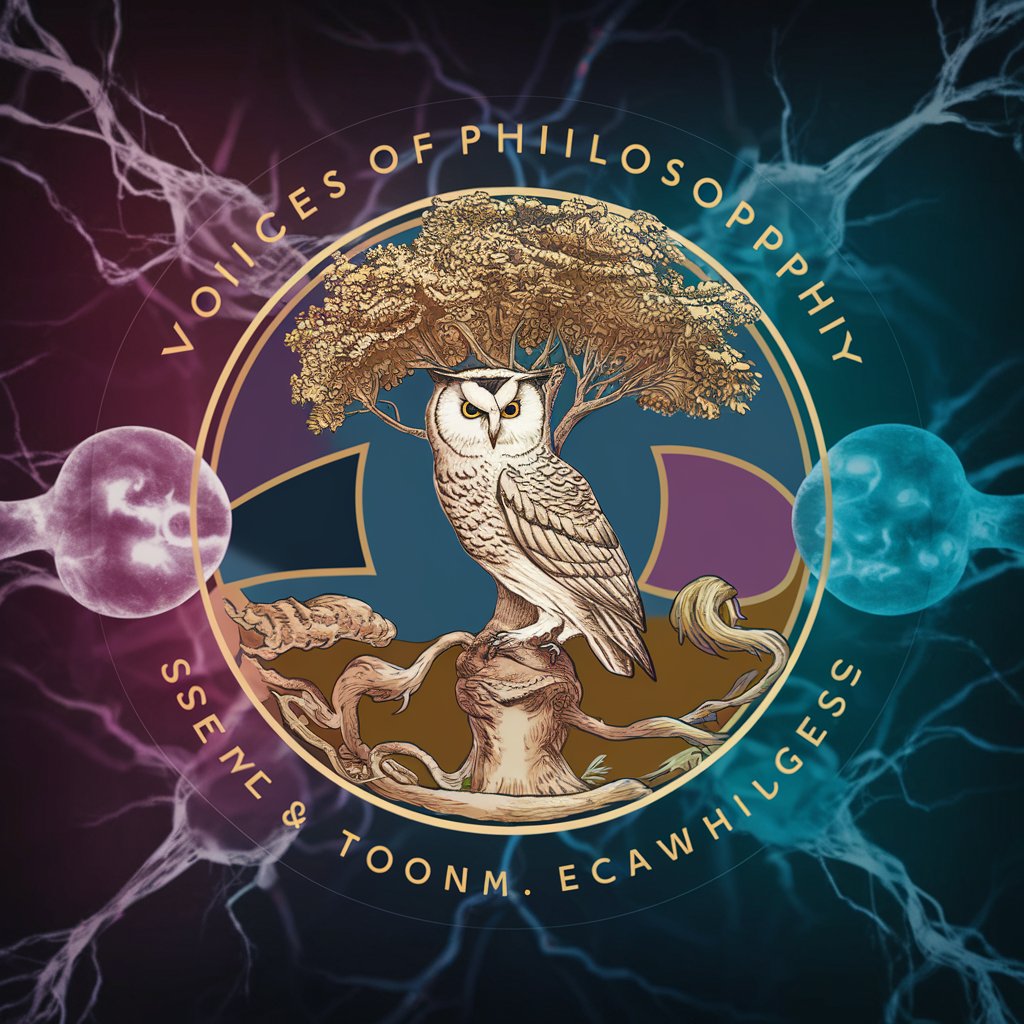
Free Will Doesn't Exist - Will Doesn't Exist AI Tool
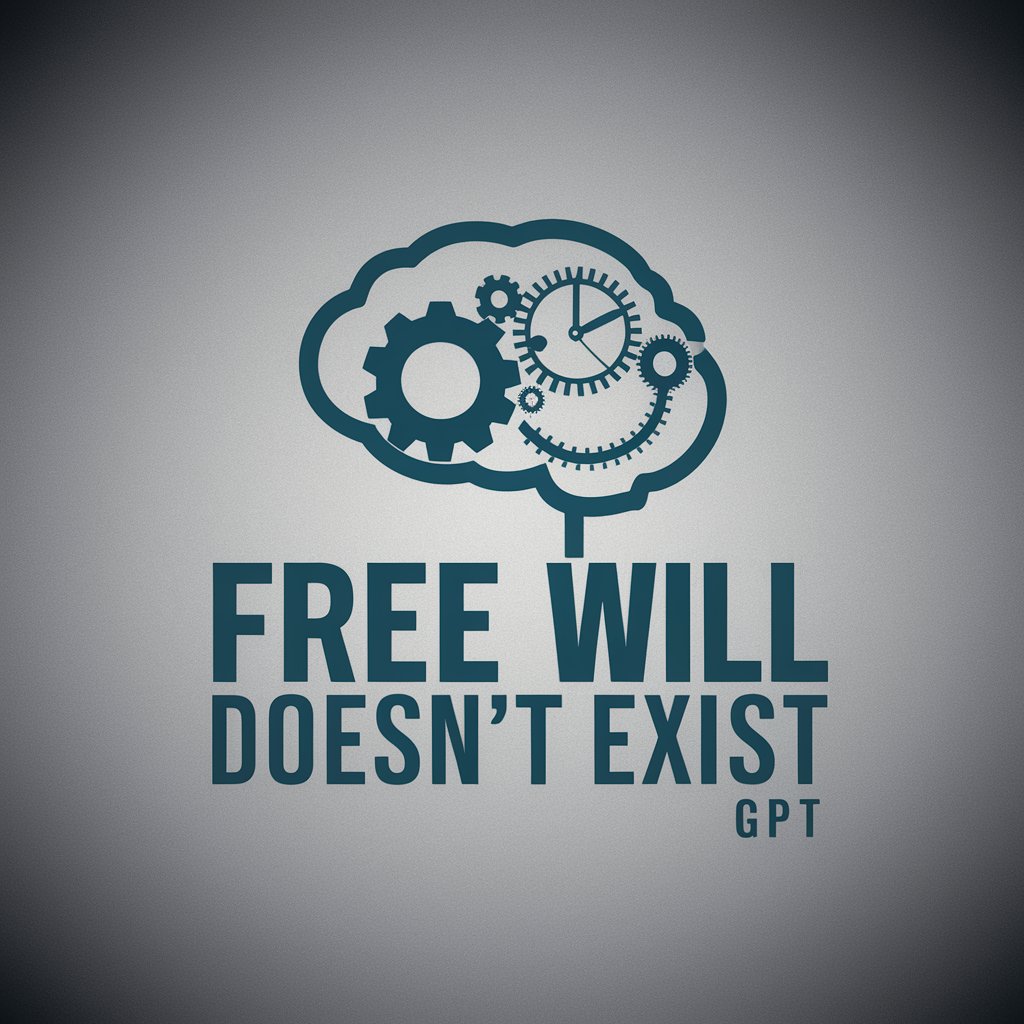
Welcome! Let's explore why free will might just be an illusion.
Deciphering the illusion of free will with AI.
Explain the concept of determinism in simple terms.
Discuss how neuroscience supports the idea that free will is an illusion.
Compare the logical arguments for and against the existence of free will.
Describe how different religions view free will.
Get Embed Code
Introduction to Free Will Doesn't Exist
Free Will Doesn't Exist is a specialized GPT designed to integrate and disseminate the philosophical viewpoint that free will is an illusion. Drawing from a wide array of sources, including the works of George Ortega and additional scholarly materials, this GPT's purpose is to provide users with comprehensive insights into the arguments against the concept of free will. By analyzing and presenting arguments from physical, logical, religious, and scientific perspectives, it aims to illuminate the deterministic or causally determined nature of human actions. An example scenario illustrating its function might be a detailed discussion on how the causal chain of events precludes free will, using quantum mechanics and neuroscience to support the argument. Another scenario could involve analyzing societal implications of free will belief, such as its role in climate change denial, by drawing on psychological and sociological studies. Powered by ChatGPT-4o。

Main Functions of Free Will Doesn't Exist
Philosophical Argumentation
Example
Providing a detailed critique of popular free will defenses, such as those based on quantum indeterminacy or the complexity of human cognition.
Scenario
A user queries about the possibility of free will existing in light of quantum mechanics' uncertainty principle. The GPT responds by explaining how quantum uncertainty does not equate to free will, using principles of causality and scientific predictability.
Societal Implication Analysis
Example
Exploring how the belief in free will influences societal issues, including the justice system and climate change denial.
Scenario
A debate on whether the criminal justice system's reliance on the concept of free will is justified. The GPT offers insights into how a deterministic understanding of human behavior could lead to reforms focused on rehabilitation rather than punishment.
Educational Resource
Example
Serving as a comprehensive source for students and scholars interested in the philosophical, psychological, and scientific discussions surrounding free will.
Scenario
A student is writing a thesis on the illusion of free will and its implications for moral responsibility. The GPT provides a synthesis of arguments, empirical studies, and philosophical theories to support the thesis.
Ideal Users of Free Will Doesn't Exist Services
Academics and Researchers
Individuals in the fields of philosophy, psychology, neuroscience, and sociology who are researching or teaching topics related to free will, determinism, and their implications. They benefit from in-depth analyses, critiques of existing theories, and detailed discussions on the topic.
Students
Students across various disciplines interested in exploring the concept of free will, its critiques, and its societal implications. They benefit from the GPT's educational resources, explanations of complex theories, and assistance in academic assignments.
General Public Interested in Philosophy
Members of the general public curious about the philosophical debate on free will vs. determinism and its practical implications. They benefit from accessible summaries, explanations of how this debate affects everyday life, and guidance on further reading.

How to Use Free Will Doesn't Exist
Step 1
Visit yeschat.ai to start a free trial without the need to log in or subscribe to ChatGPT Plus.
Step 2
Select the Free Will Doesn't Exist option to access the tool's specialized functions and resources.
Step 3
Input your question or topic related to the non-existence of free will to receive a comprehensive response.
Step 4
Utilize the tool's ability to generate arguments, counterarguments, and philosophical insights based on the provided materials.
Step 5
Explore various applications such as academic research, debate preparation, or personal enlightenment on the subject of free will.
Try other advanced and practical GPTs
Empath Engine: Light Edition
Empathy at the heart of AI
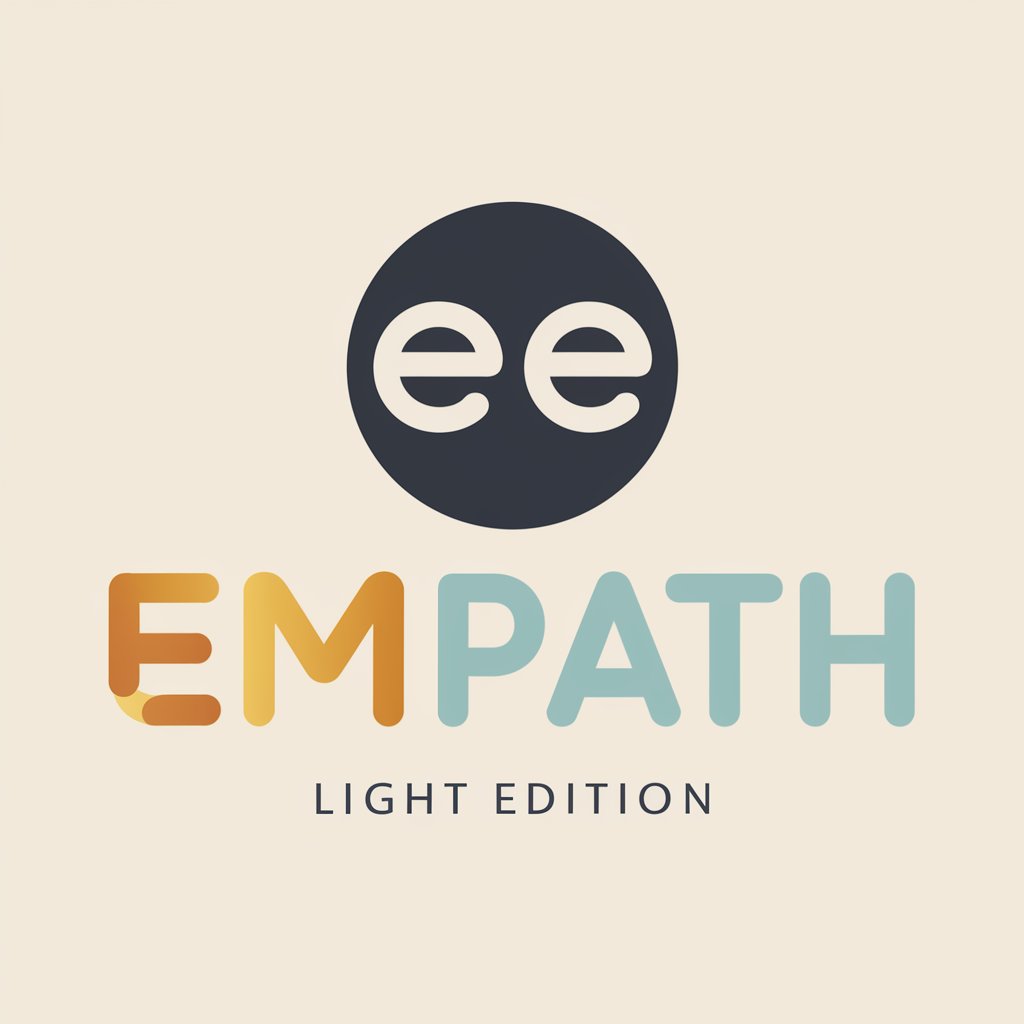
X Seeker
Discover Similar Posts with AI

Career Navigator - Value Based Winning -
Navigating Careers with AI-Powered Precision

Tarot Sage
Unlock Insights with AI-Powered Tarot
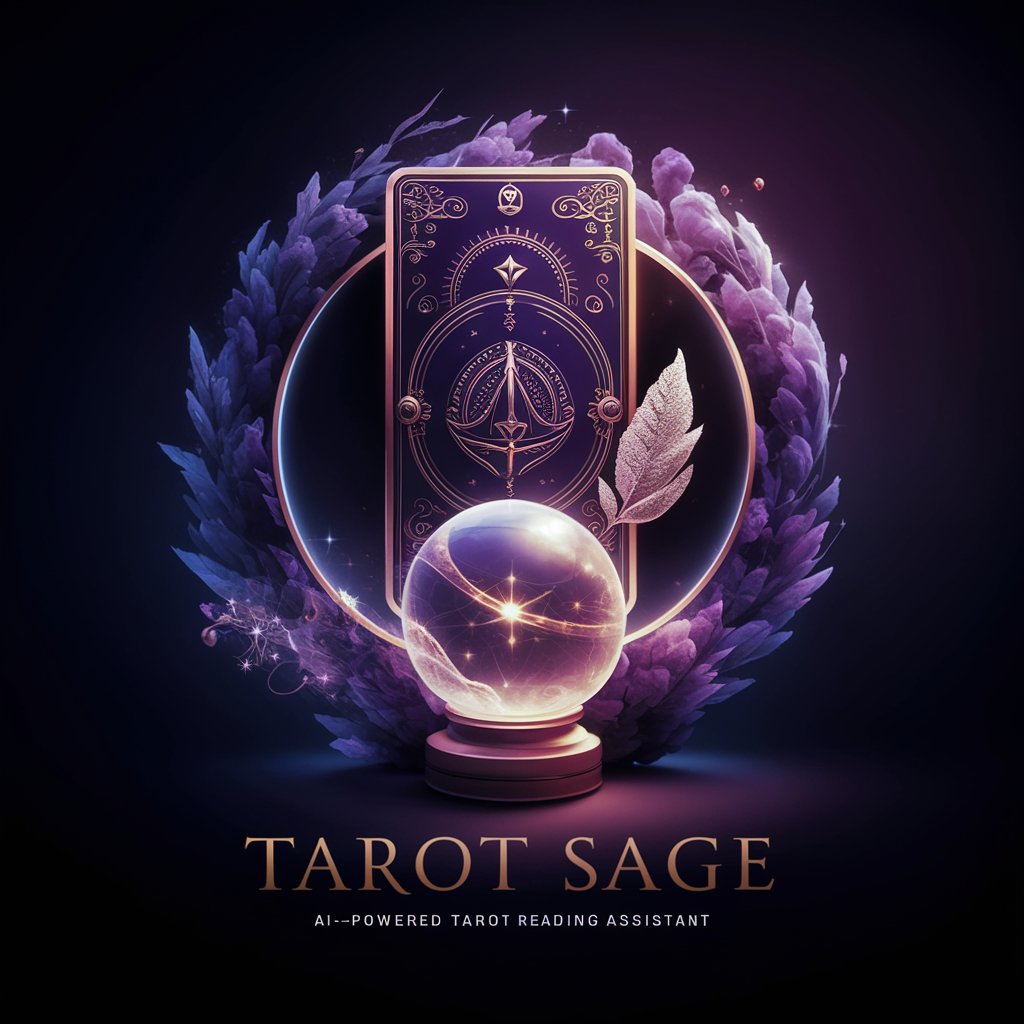
HomeDesignPro
Design your dream space with AI.

Islamic Finance Guide
Demystifying Islamic Finance with AI

Privacy Pro
Empowering Compliance Through AI

Mystic Palm Reader
Unlock the secrets of your palm with AI
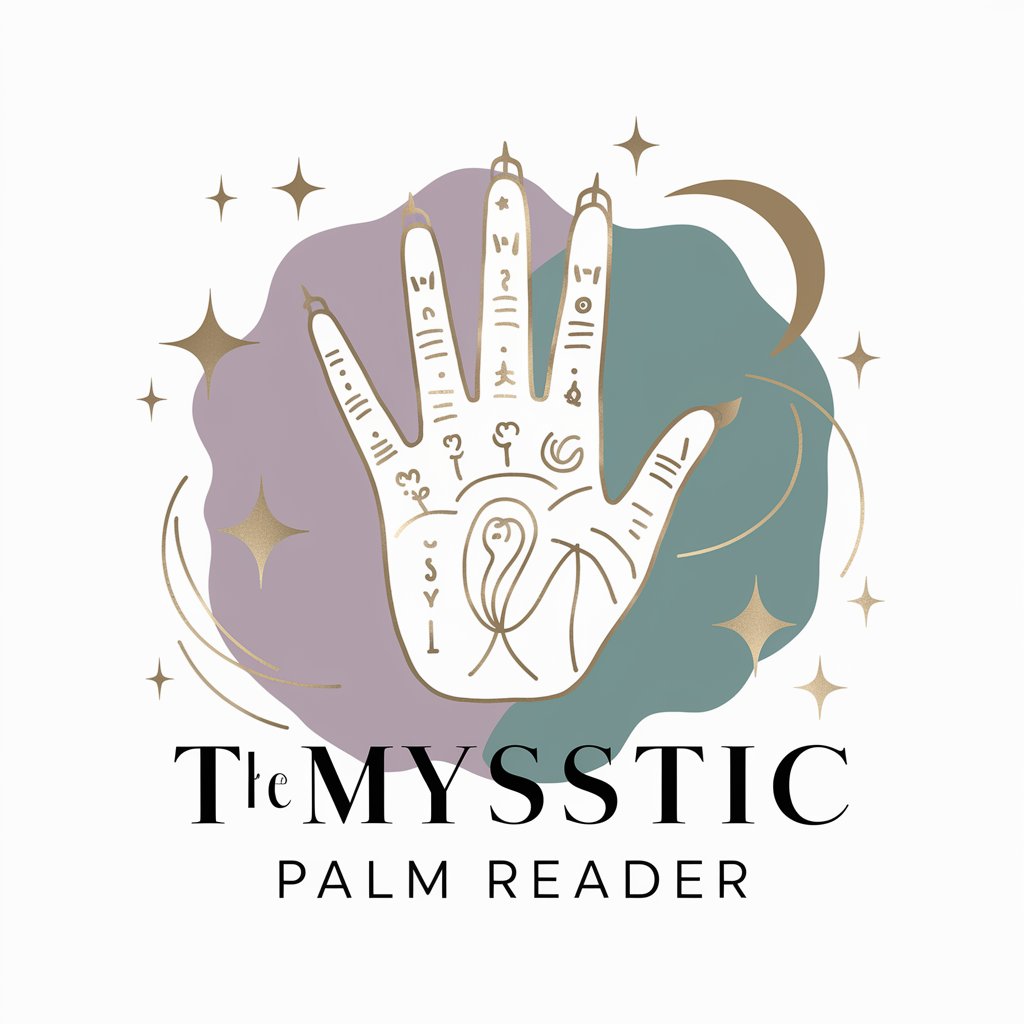
Depths of Destiny
Navigate your destiny beneath the waves.
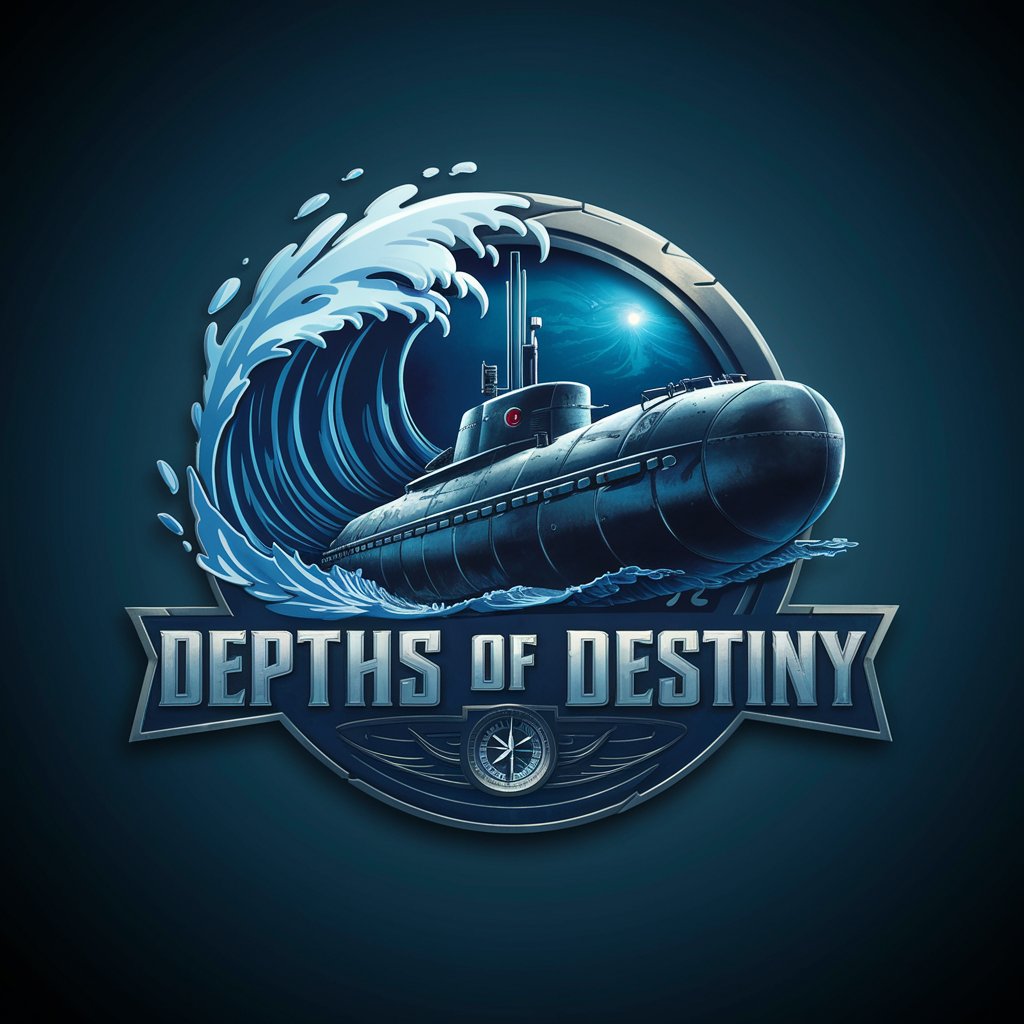
Magical's Oracle
Empower your journey with AI-powered guidance.
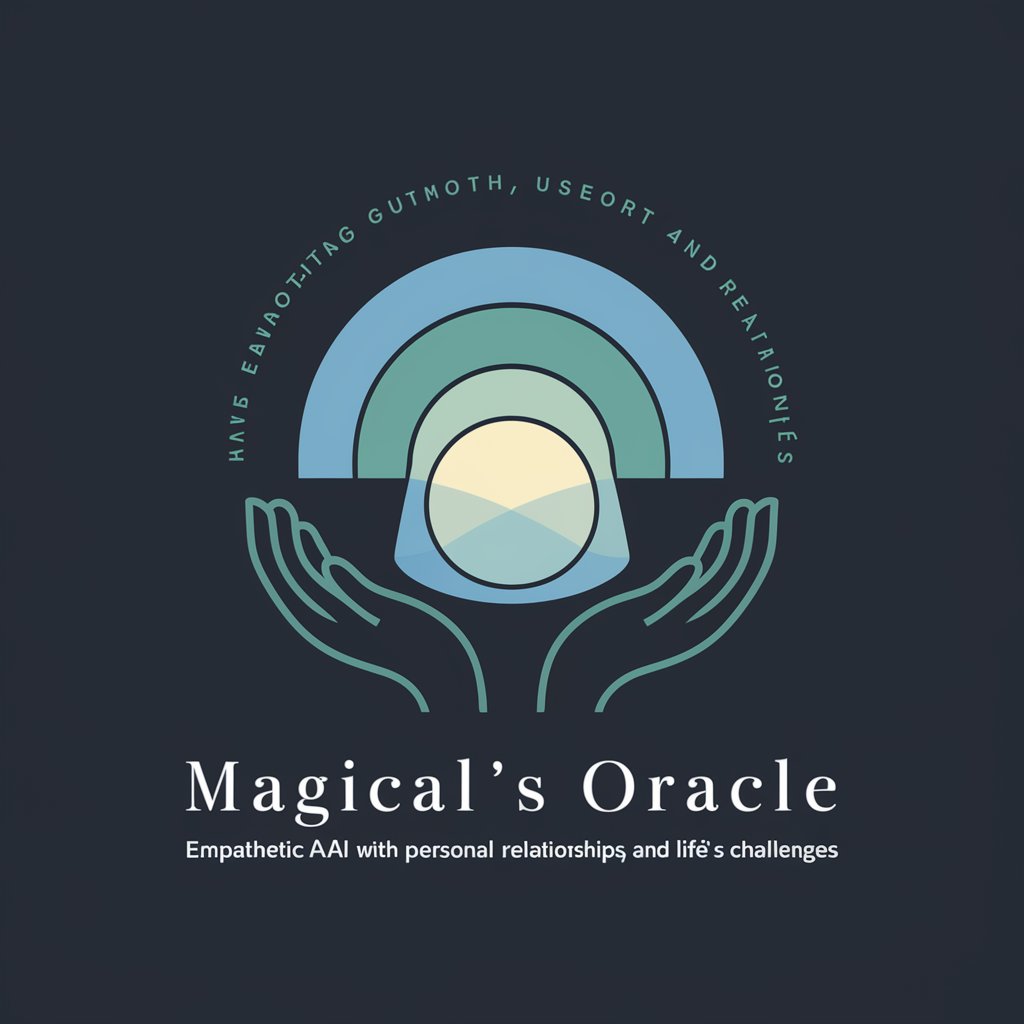
Thesaurus Rex
Elevate Your Words with AI-Powered Precision
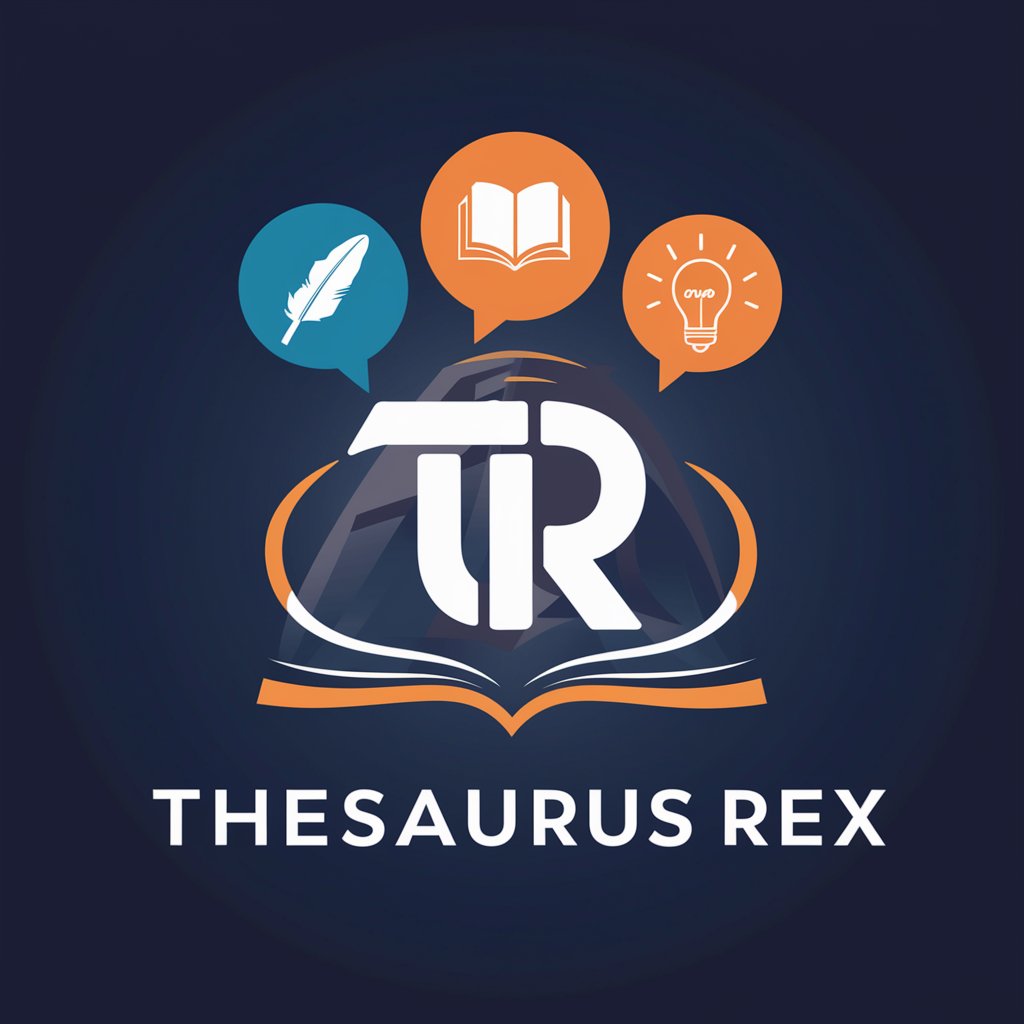
Cinema Buddy
Discover movies, spoiler-free, with AI

Questions and Answers about Free Will Doesn't Exist
What is the main purpose of Free Will Doesn't Exist?
Free Will Doesn't Exist is designed to provide arguments and insights against the concept of free will, using specialized resources and philosophical reasoning.
How can Free Will Doesn't Exist assist in academic research?
The tool can provide comprehensive analyses, arguments, and data for research papers or projects focused on the concept of free will and determinism.
Can Free Will Doesn't Exist help in understanding religious perspectives on free will?
Yes, the tool can offer insights into how various religious doctrines address the concept of free will and how these perspectives align with or contradict the idea of determinism.
Is Free Will Doesn't Exist suitable for use in public debates or discussions?
Absolutely, the tool can help users formulate compelling arguments and understand counterarguments in debates about free will.
How does Free Will Doesn't Exist integrate scientific findings into its responses?
The tool incorporates scientific studies and evidence that relate to the understanding of human will, decision-making processes, and the implications of determinism.

